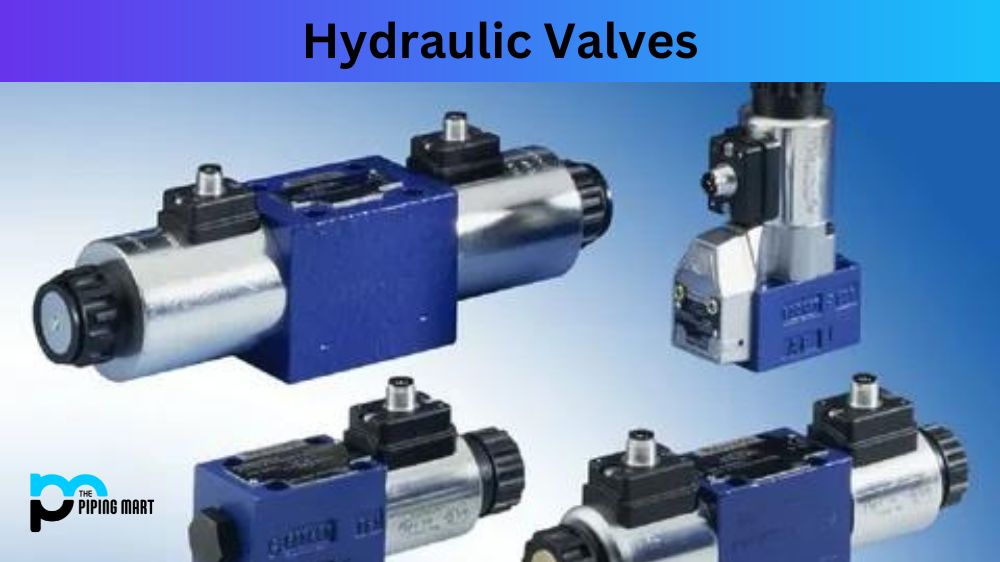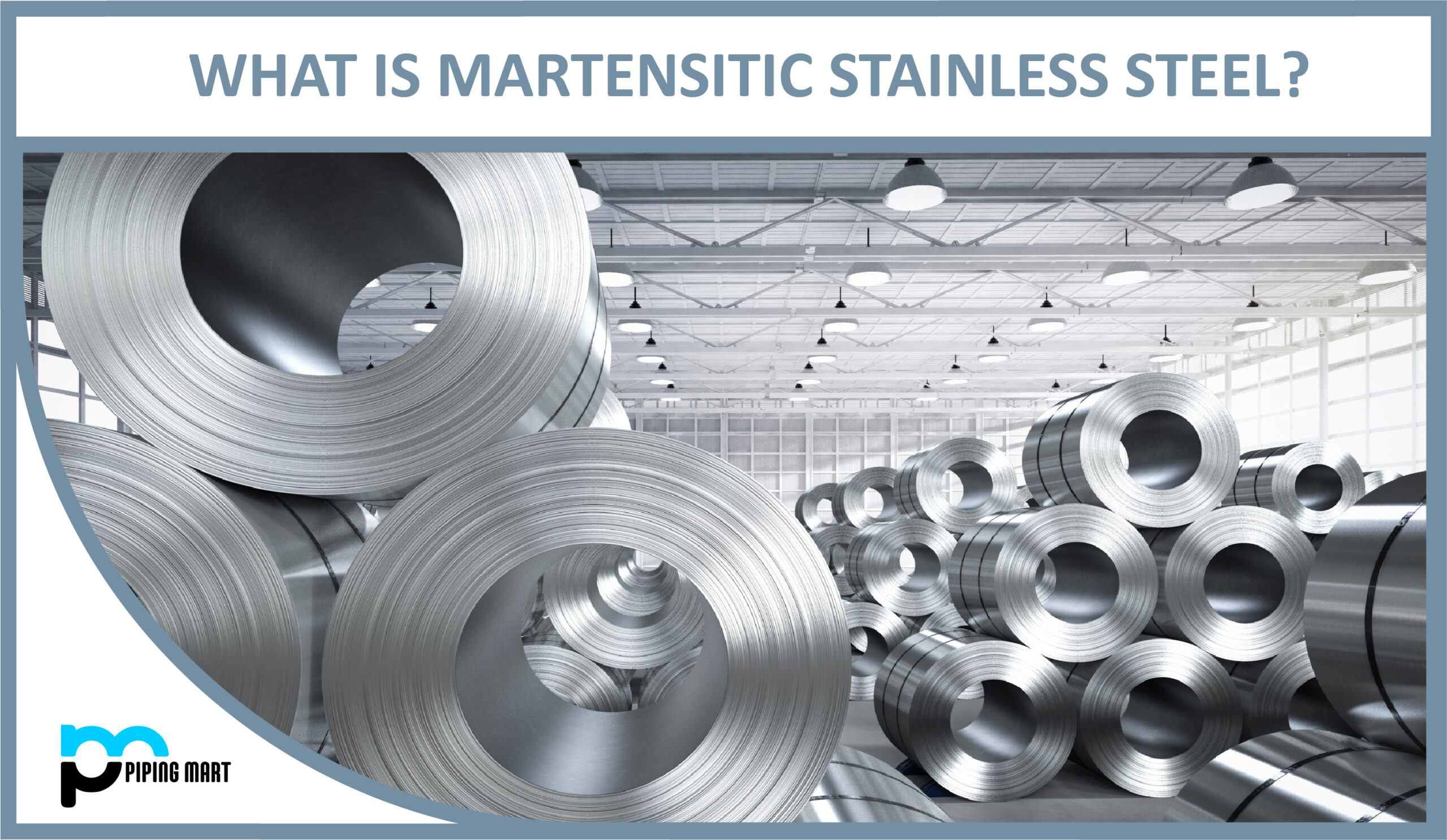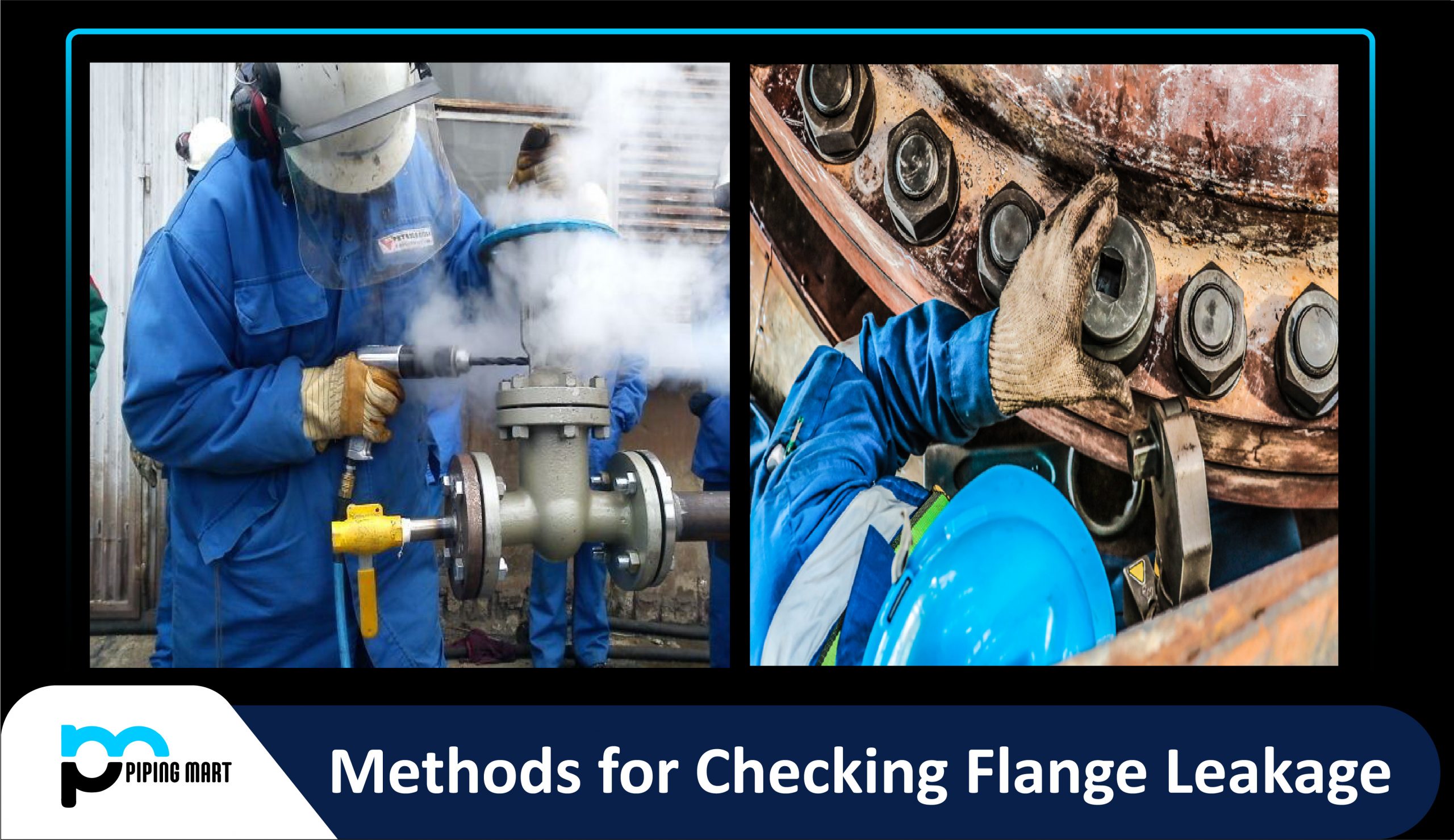Hydraulic valves are an essential component of hydraulic systems responsible for powering machines and vehicles in various industries. They are designed to regulate the flow of hydraulic fluid to the hydraulic cylinder and control the hydraulic pressure within the system. In this blog post, we’ll discuss the advantages and disadvantages of hydraulic valves so you can decide whether they suit your application.
What is Hydraulic Valves?
Hydraulic valves are mechanical devices used to control the flow of pressurized liquid in a hydraulic circuit. They are used to regulate the pressure, rate, and direction of the fluid in varying conditions. Typically constructed from metal or plastic components, they typically combine a valve body with an actuator and a solenoid that allows for remote control.
Advantages of Using Hydraulic Valves
Precise control: One of the biggest advantages of hydraulic valves is that they offer precise control over the system. They can be adjusted to regulate the flow of oil, water, gas, or other fluids accurately. This is particularly useful in applications requiring precise control, such as aircraft and industrial machinery.
High force and torque: Hydraulic valves can deliver high force and torque, making them ideal for heavy-duty applications. They can lift heavy loads, move heavy equipment, and exert powerful forces without the risk of damage or failure. This makes them suitable for construction, manufacturing, and mining industries.
Reliability and durability: Hydraulic valves are designed to withstand extreme conditions, including high pressures, temperature, and shock loads. They are made from high-quality materials, such as steel, brass, and aluminium, which makes them highly resistant to wear and tear. As a result, they can last for years without the need for frequent repair or replacement.
Low maintenance: Unlike other valves, hydraulic valves require minimal maintenance. They have few moving parts, making them less likely to develop faults or break down. Additionally, they are easy to clean and repair, which saves time and reduces downtime.
Disadvantages of Using Hydraulic Valves
Complicated design: Hydraulic valves have a complex design requiring a skilled technician to install and operate them. They have many components, including a hydraulic pump, control valve, pressure regulator, and hydraulic cylinder, which can be difficult to understand and troubleshoot.
High cost: Hydraulic valves are expensive, especially compared to other valves. This is because they are made from high-quality materials and require precision manufacturing techniques. As a result, they may not be suitable for small-scale applications or projects with a tight budget.
Potential for leaks: Hydraulic systems are known to develop leaks, which can be dangerous and costly. If a hydraulic valve is not properly installed or maintained, oil or fluid can leak, leading to environmental pollution and equipment damage.
Noisy operations: Hydraulic valves can be noisy, particularly in high-pressure systems. This can be a problem in applications where noise is a concern, such as hospitals, schools, and residential areas.
Conclusion:
Hydraulic valves offer several advantages, including precise control, high force and torque, reliability, and low maintenance. However, they also have disadvantages, such as complicated design, high cost, potential for leaks, and noisy operations. Considering using hydraulic valves in your application, weighing these pros and cons and choosing the right type of valve for your specific needs is important. You should also ensure that a qualified technician installs and operates the valve to minimize the risk of failure or damage.
Rachana is a dedicated and ambitious young woman who has made a name for herself in the metal industry. From her earliest days in the industry, Rachana showed a natural talent for problem-solving and a keen eye for detail. In her free time, She enjoys reading up on the latest advancements in the industry, as well as exploring new ways to innovate and improve upon existing processes.




